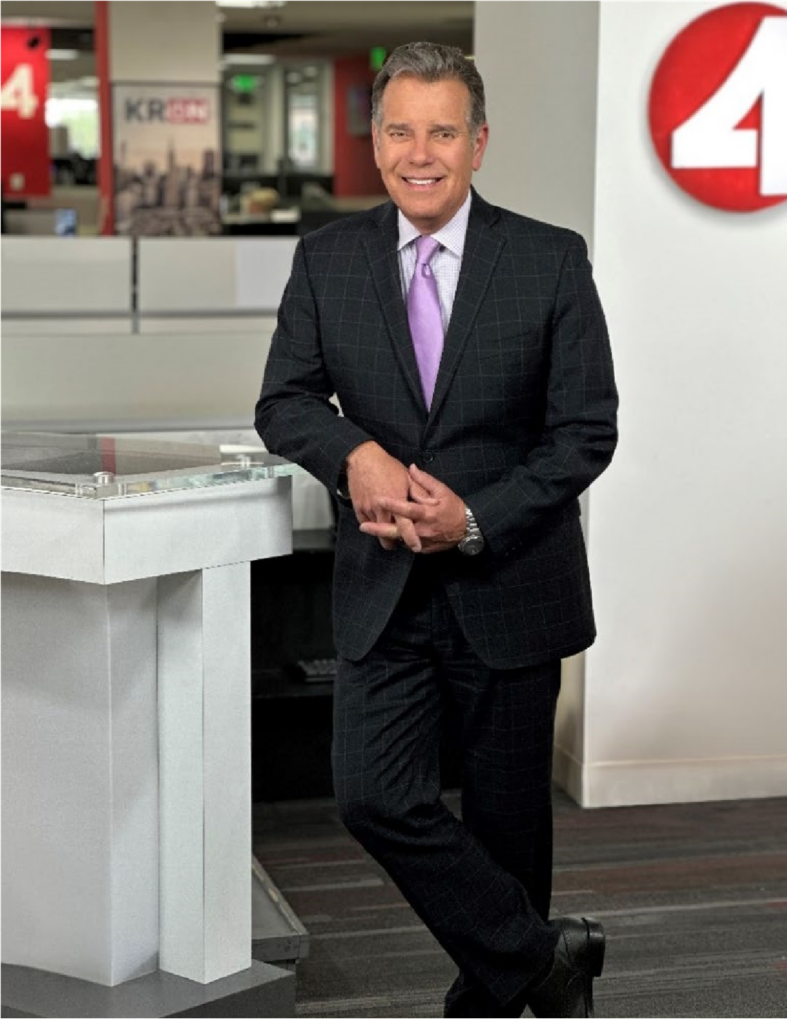
Sinclair Forecasts Fourth Quarter Growth

After reporting that third quarter media revenues grew 5%, excluding the decoupled regional sports networks, Sinclair Broadcast Group is forecasting even stronger growth in the current quarter. After adjusting for the cyber incident that reduced revenues in the fourth quarter of 2021, Sinclair is projecting revenues to rise by 10% to 12%. That includes another quarter of mid-term record political advertising and a decline in core advertising in the high single digits to low double digits.
EVP-CFO Lucy Rutishauser told analysts Wednesday morning that “we expect a record amount of mid-term political ad revenue for the fourth quarter of $174 to $179 million. As already mentioned on this call, this would put our full year political revenues at an expected $335 to $340 million, which would be over 30% more than what we booked in 2018 and only down less than 5% compared to the 2020 pre-Georgia runoff presidential election year.”
“Political revenues are the main driver for media revenues increasing approximately 10% to 12% vs. the cyber-adjusted fourth quarter last year of $862 million,” she continued. “Fourth quarter core advertising is expected to be down a single digit to low double digits vs. the cyber-adjusted fourth quarter last year, with the decline in core primarily driven by anticipated political crowd-out and mild macro-economic weakness.”
During the Q&A, COO and Broadcasting President Robert Weisbord was asked about auto ad trends.
“From the auto perspective, we’re now comped against the chip shortage and COVID, so we did actually see a year-over-year increase in auto spending. With that said, a couple of things that keep me awake at night and keep us looking at that sector — on top of the chip shortage, which I think they’re starting to solve, they now have a sheet metal shortage. Toyota announced that minivans won’t go into production for at least 18 months. And obviously interest rates on car loans have increased,” he noted.
“That could be good or bad. It will mean that the inventories start to stockpile, based on the interest rates going up. And the Tier 3 dealerships will need to start advertising those vehicles vs. the shortage that they had on the lots,” Weisbord explained.
Looking at ad categories, the COO noted that sports betting has crossed the 50% line for states where online betting is legal, so that’s shifted some advertising from local to national and network.
“With insurance, because of the losses that they’ve taken from weather, as well as COVID-related illnesses, we’ve seen a pull-back in that. That’s more of the industry segment than the macro. We’ll get a better sense of how the core is feeling about the macro economy and the political, because there are a lot of core advertisers staying on the sideline based on the heavy political spending and the pricing that’s taken place,” Weisbord said of the outlook.
Sinclair President-CEO Chris Ripley tried to drive home a claim that the company’s stock is grossly undervalued, spelling out how Sinclair’s stock trades at an adjusted free cash flow yield of approximately 50%, more than double the broadcast industry average. In addition to the TV station operations, he spelled out the value of Sinclair’s investment portfolio, which he pegged at $17 per share. That’s close to Sinclair’s recent stock price including television.

























Comments (0)